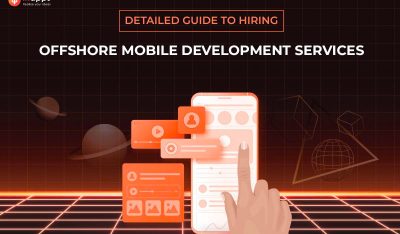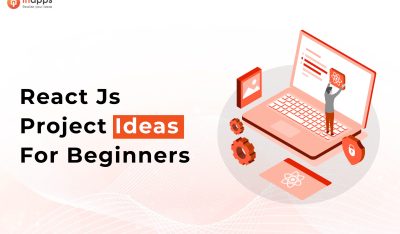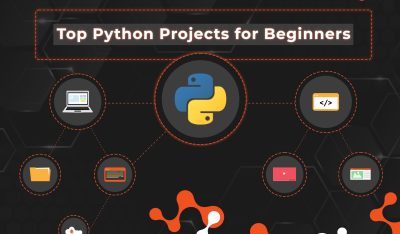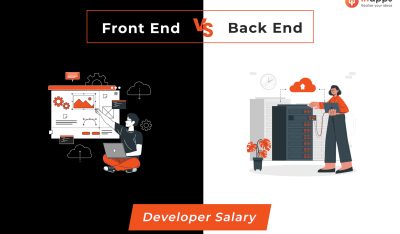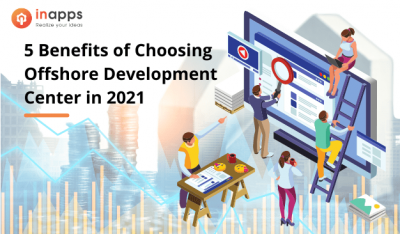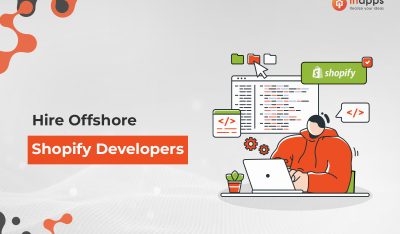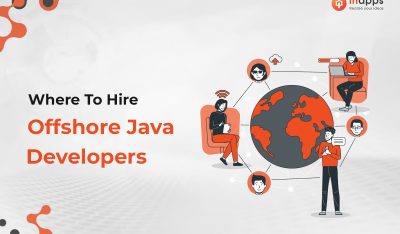Computers and programmers can cure cancer because the key to the cure lies in deciphering big data, so think the researchers at the Fred Hutchinson Cancer Research Center in Seattle, Washington.
To this end, Fred Hutch is developing, in partnership with GitHub and Amazon Web Services, an online data visualization tool, called Oncoscape, along with a portal equipped with rich data and a simple user interface designed to help doctors, researchers, and scientists in investigating hypotheses, discovering novel patterns and associations, and ultimately expediting the research process.
“Cancer will be solved on the computer. We want people to join us in making a tool that really all of us can benefit from,” said Desert Horse-Grant, director of strategy and operations at Fred Hutch, in a video describing the initiative. “And that’s what we want. We really believe the solution to unlocking cancer is really going to be from all of us.”

Oncoscape in action
Dr. Eric Holland, the brain cancer researcher who directs Solid Tumor Translational Research (STTR) at Fred Hutch where Oncoscape is used, said in the video that the visualization tool has greatly expanded his understanding of brain cancer. He compared looking through a microscope to looking only at what a streetlight illuminates.
But looking at data models is “like turning the lights on in the entire room and you see everything, and you see it all at once and you can see the things that you know exist, but you can see all this other stuff that you didn’t even know to look for, but it’s sitting right in front of you,” Holland said.
Oncoscape was started when a programmer’s father had lung cancer, and he was looking for a way, any way, to help. The people at Fred Hutch saw an opportunity to corral the vast amounts of data going unused.
GitHub was chosen so they could allow the tech community to help and celebrate their individual contributions, according to Horse-Grant.
Vice President Joe Biden said last year that “with a new moonshot, America can cure cancer.”
President Obama charged him with that task in this year’s State of the Union address. “For the loved ones we’ve all lost, for the families that we can still save, let’s make America the country that cures cancer once and for all.”
Biden visited Fred Hutch last month and underscored the potential for big data to lead to big answers. “We have to allow the data to actually yield the answers,” he said.
“Computer science is needed to decipher how certain variations in our DNA relate to cancer and what treatment paths have the greatest potential for success for each individual,” explained Jessica Beegle and Christopher Crosbie on Amazon’s AWS blog. “This type of task is best suited for computer science because the study of DNA, typically referred to as genomics, requires significant big data processing capabilities. In fact, scientists predict genomics will generate more digital information than astronomy, YouTube, and Twitter by 2025,”
The potential to harness this data is enormous and untapped.
In addition to collecting and visualizing data, Oncoscape is an open source collaboration effort aimed at breaking down the silos of data and research that exist in the cancer research world today.
“We cannot be competitors anymore in the cancer research because people die,” said Jenny Zhang, Research Technician, in a GitHub video explaining the project. “We really need to work together with different cancer centers, with different fields with people with different expertise.”
Sound exciting? They need your help. You don’t even need to know anything about cancer, biology or computational biology.
“The project needs help at every level, from simple CSS improvements, to D3 refinements, to new interactive visualizations and extending all the way to novel challenging computational tasks, such as robust implementations of recently published computational biology algorithms,” said Paul Shannon, the founding architect of Oncoscape, in a blog post.
If you’re interested in contributing your efforts, there are detailed contributing guidelines, a contributions cheat sheet, and an issues section labeled Help Wanted.
In announcing the cancer initiative, President Obama compared it to the generation that went to the moon. “That spirit of discovery is in our DNA,” he said.
What else can be discovered in our DNA, once big data is harnessed.






